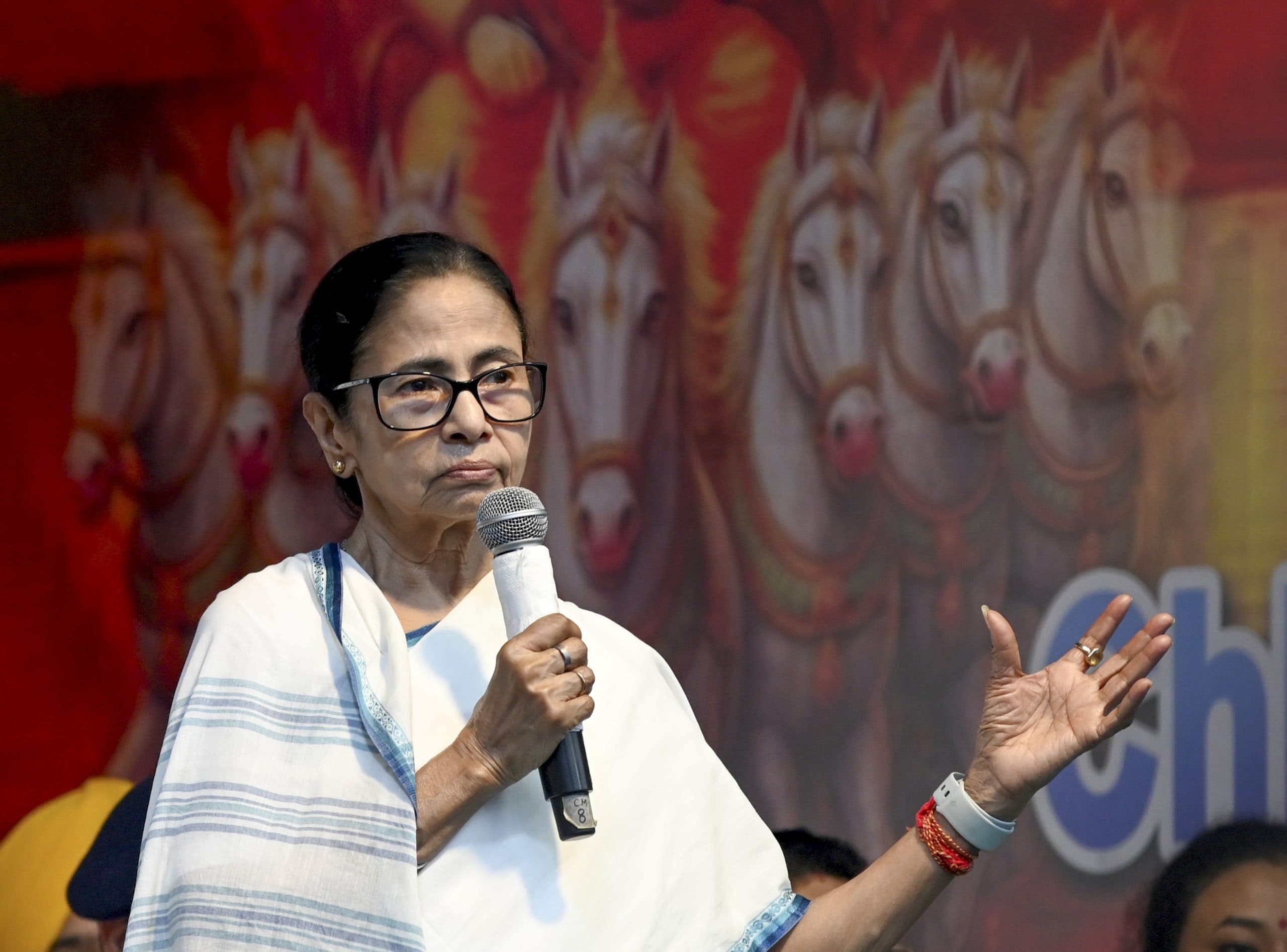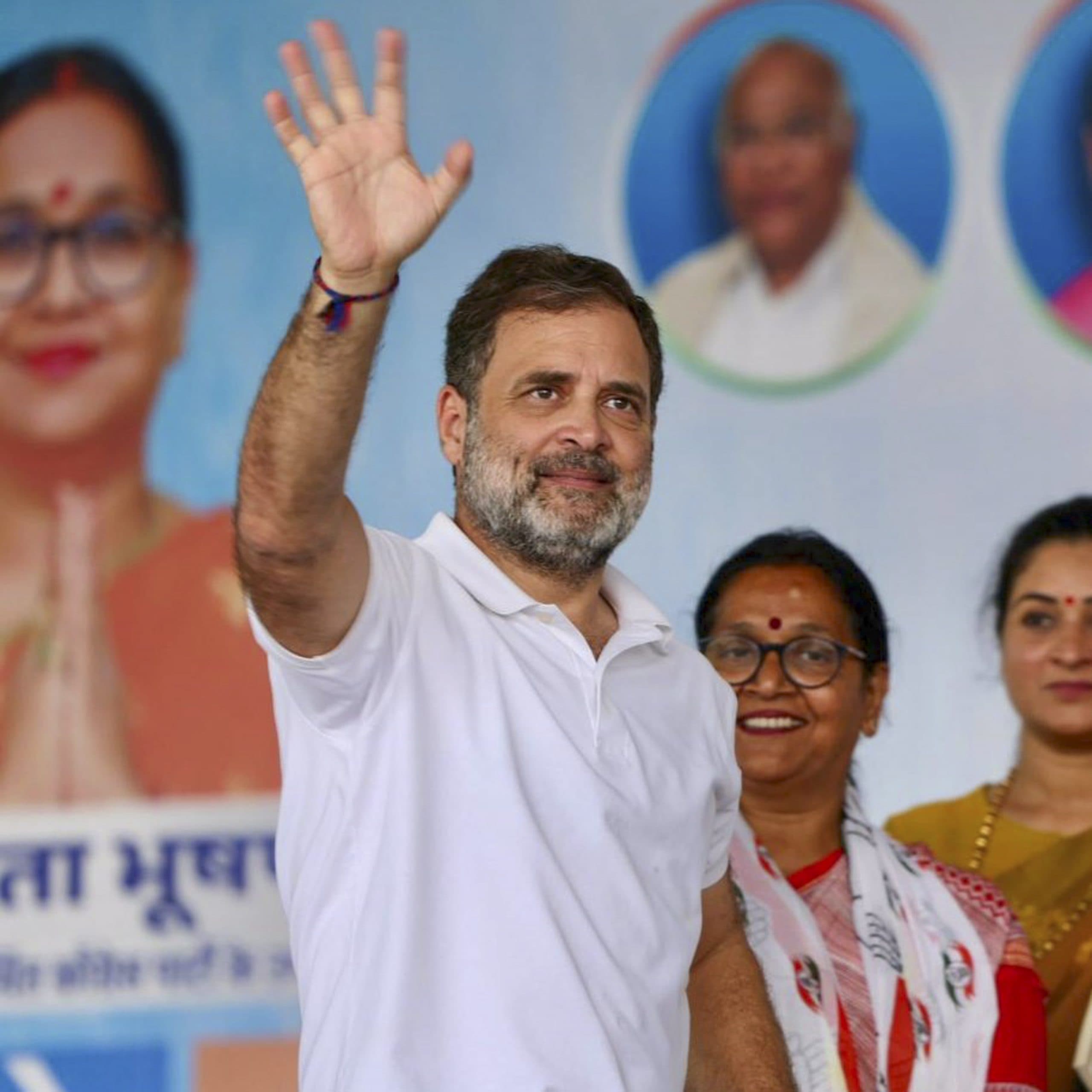On June 2, 2025, the body of Raja Raghuvanshi, a 29-year-old Indore businessman, was found in a Meghalaya gorge, revealing a chilling murder plot allegedly orchestrated by his wife, Sonam Raghuvanshi, during their honeymoon. The case, exposing the dark underbelly of India’s marital system, underscores how societal pressures and traditional expectations can lead to devastating outcomes. Alongside Sonam’s case, recent incidents highlight the systemic flaws that trap individuals in marriages devoid of personal agency.
In This Article:
The Sonam Raghuvanshi Case
Sonam, 24, married Raja on May 11, 2025, in an arranged marriage orchestrated through a matrimonial directory. Despite her alleged affair with Raj Kushwaha, an employee at her family’s business, societal pressure to uphold family honor led her to wed Raja. Police claim Sonam, with Kushwaha, hired contract killers—Akash Rajput, Vishal Chauhan, and Anand Kurmi—to murder Raja during their Meghalaya honeymoon. On May 23, Raja was killed with a machete, his body dumped near Wei Sawdong Falls. Sonam surrendered on June 8 in Ghazipur, Uttar Pradesh, claiming she was drugged, a story dismissed by police as evidence, including CCTV footage and call records, confirmed her role.
Other Recent Cases
The Sonam case echoes other recent tragedies. In March 2025, Pragati Yadav, from Auraiya, Uttar Pradesh, married Dilip Yadav against her will and allegedly killed him within days, driven by her love for another man. In Uttarakhand, Hina Rawat, posing as Ankita Sharma, was arrested in June 2025 for using matrimonial sites to trap men, blackmailing them after fake marriage promises. These cases reflect a pattern where individuals, pressured into arranged marriages, resort to extreme measures due to suppressed personal desires.
Systemic Issues in Indian Marriages
India’s marital system, rooted in collectivism, prioritizes family honor and caste over individual choice. A 2021 Pew Research Center report notes 93% of Indians believe parents should heavily influence spouse selection, with 84% of marriages arranged. The Manu Smriti ranks love-based marriages low, reinforcing parental control. Sonam’s alleged actions, while criminal, stem from a system where personal agency is often eclipsed, pushing individuals toward betrayal or violence when trapped by tradition.
A Call for Reform
The Sonam Raghuvanshi case and similar incidents expose the need for cultural shifts prioritizing consent and autonomy. While the Special Marriage Act of 1954 supports inter-caste unions, societal resistance persists. Encouraging open dialogue and reducing stigma around refusing arranged marriages could prevent such tragedies, fostering partnerships based on mutual choice rather than obligation.
By – Manoj




